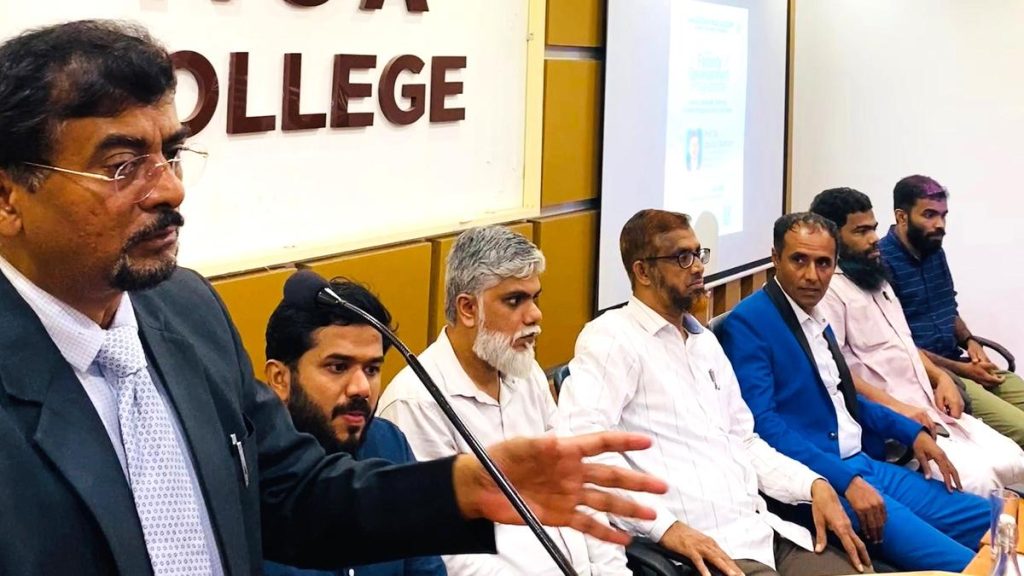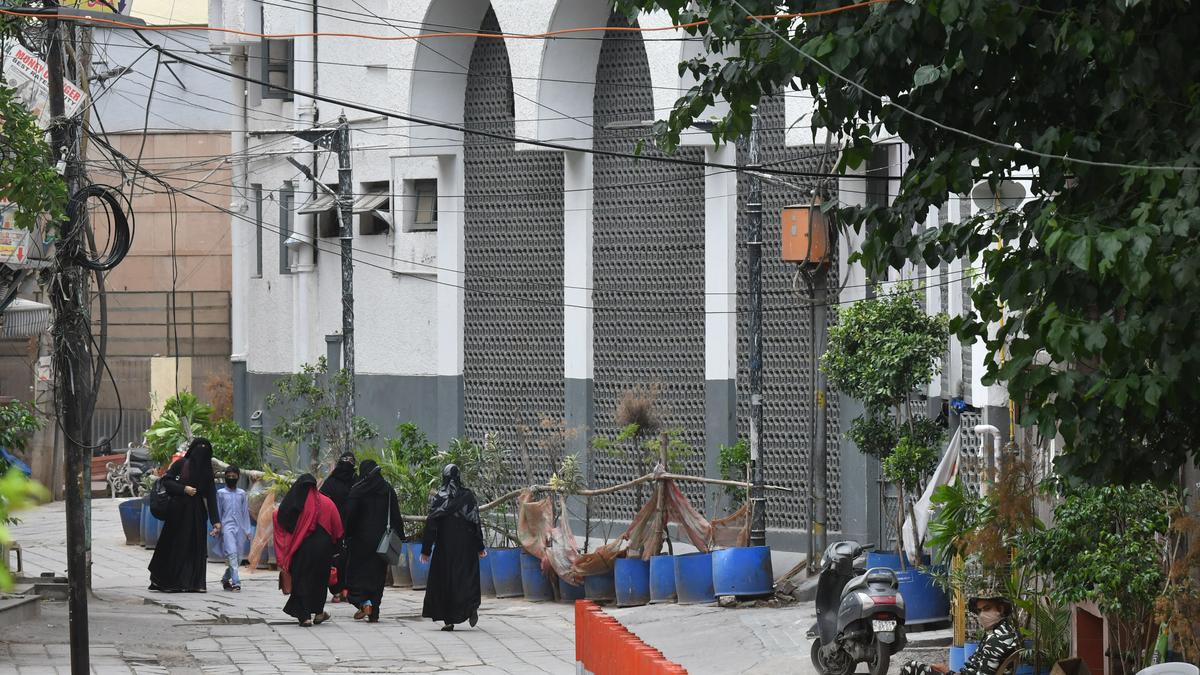Now Reading: TGCHE Revises English Curriculum in Line with NEP 2020
-
01
TGCHE Revises English Curriculum in Line with NEP 2020
TGCHE Revises English Curriculum in Line with NEP 2020

Quick Summary:
- The Telangana Council of Higher Education (TGCHE) plans to revise the English language curriculum for all undergraduate courses in Telangana.
- The syllabus change aligns with the National education Policy (NEP) 2020 guidelines, focusing on skill-based learning and practical knowledge applicable in employment contexts.
- Incorporates elements of Telangana’s history and culture to engage students locally while enhancing meaningful learning experiences.
- Emphasis on a “light but tight” approach: less content but clear concepts and practical skills relevant for real-life situations like workplace interaction and digital settings.
- Standard digital resources will be offered, including a 200-page PDF reading material, audio recordings, lessons on grammar/vocabulary, and model question papers.
- Orientation sessions for teachers will be conducted through T-SAT Network to guide effective teaching practices and student assessments.
- Consultations held with experts from several university English departments before implementation.
- New curriculum is set to take effect starting the current academic year.
Indian Opinion Analysis:
Integrating local history and cultural elements into English education is a noteworthy step by TGCHE as it fosters deeper student engagement by rooting learning within relatable contexts. The alignment with NEP 2020 reflects India’s shifting focus toward skill-based education aimed at improving employability. By emphasizing practical applications such as workplace communication or digital literacy under a “light but tight” framework, this approach addresses concerns over curriculum overload while maintaining clarity of subject matter.
The inclusion of standardized digital tools also highlights progress toward accessible education technology in higher studies-a measure that can positively impact the quality of language training across diverse institutions. Imparting cultural relevance alongside technical proficiency points toward an educational model that seeks both global competitiveness and localized enrichment-a balance crucial for bridging India’s evolving workforces with multifaceted societal needs.
Read more: The Hindu
(Image included)























